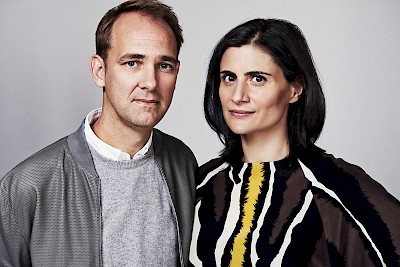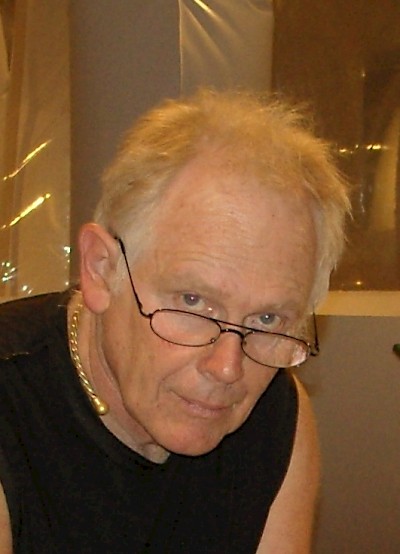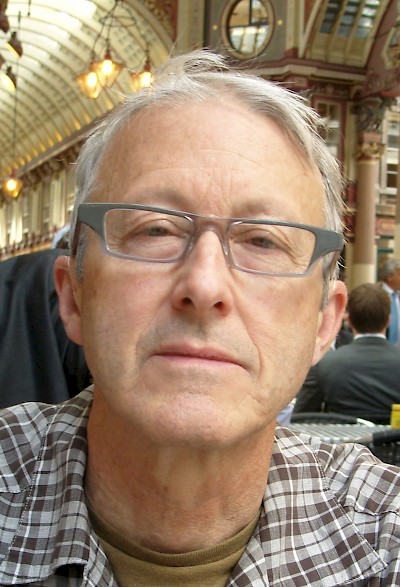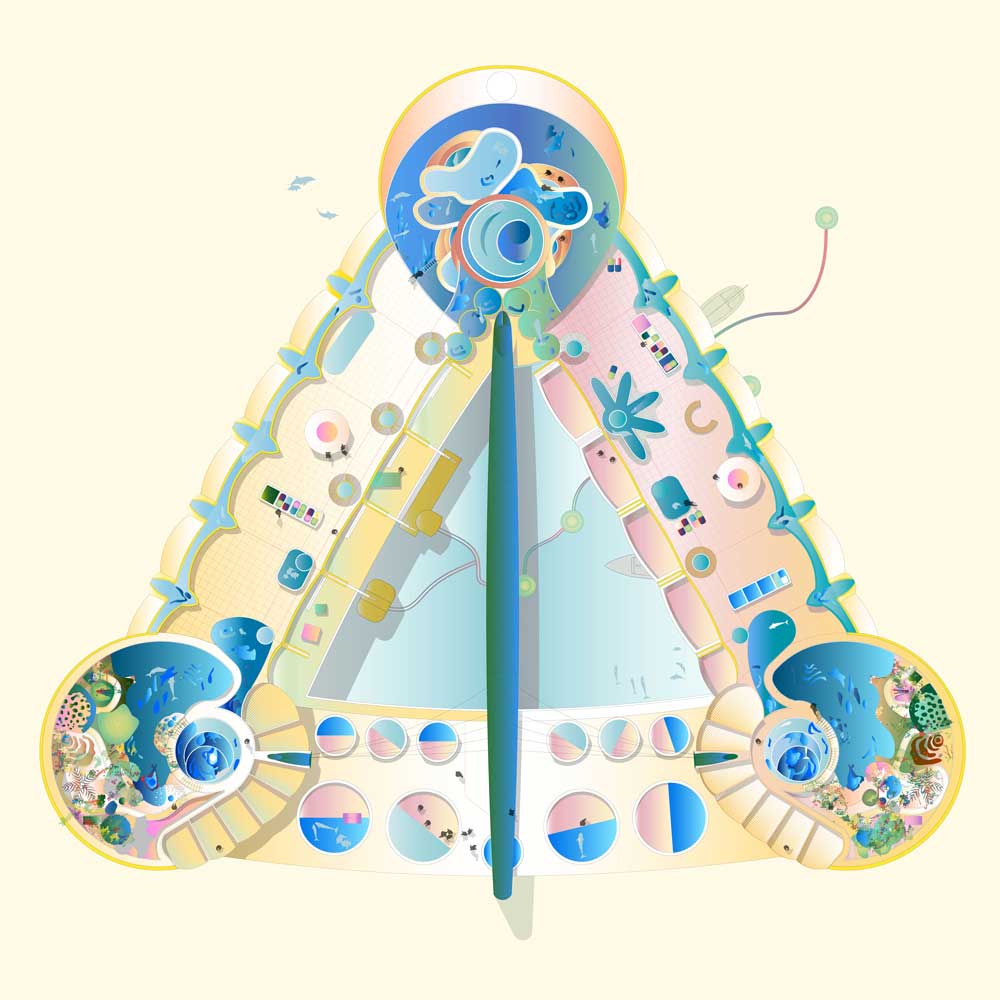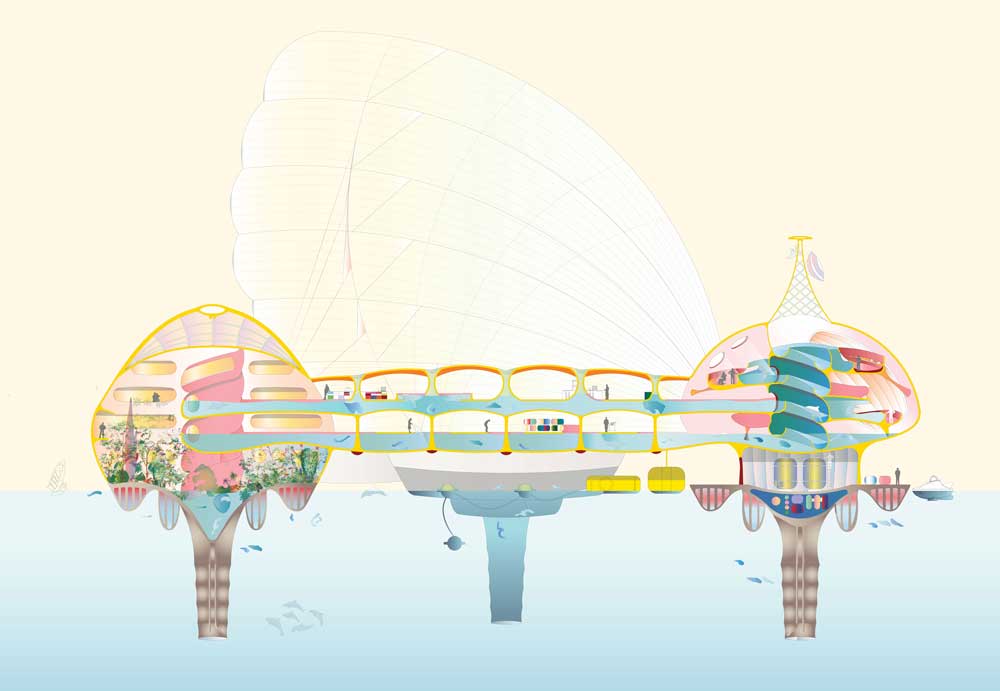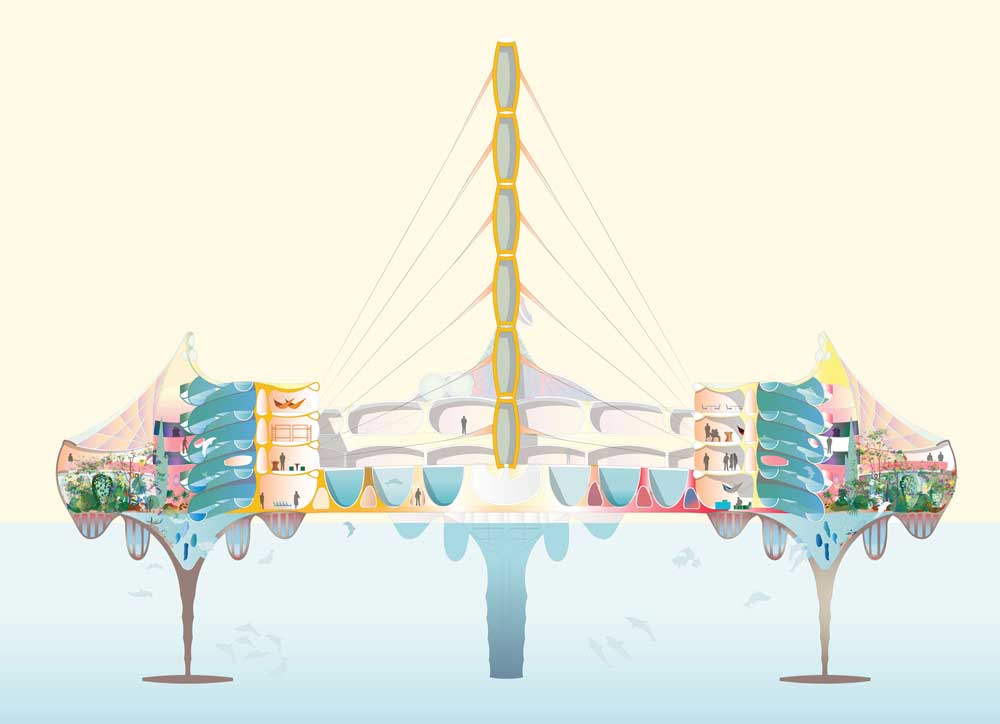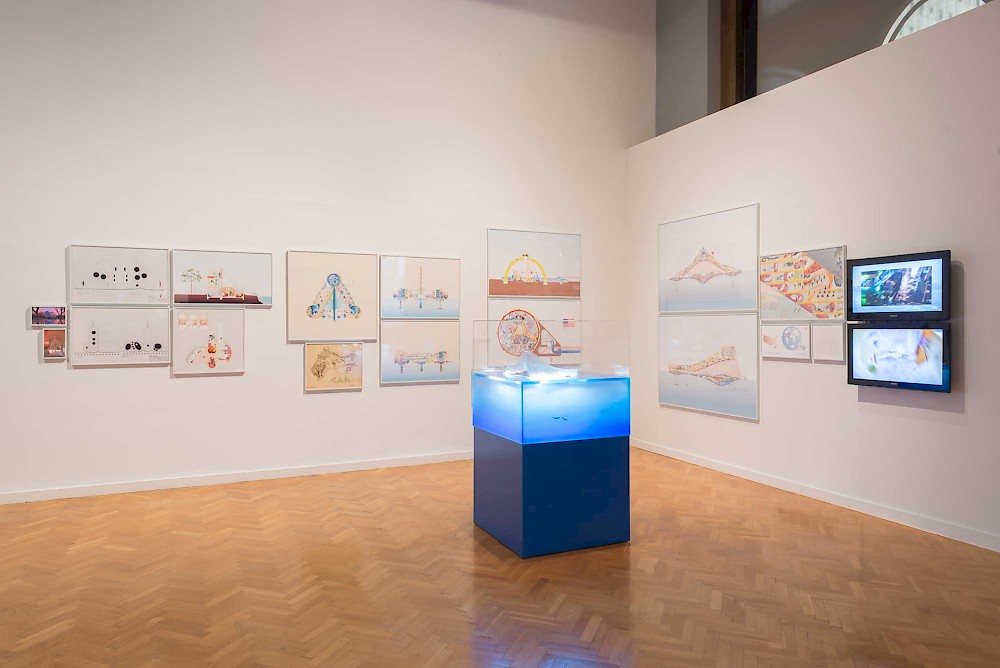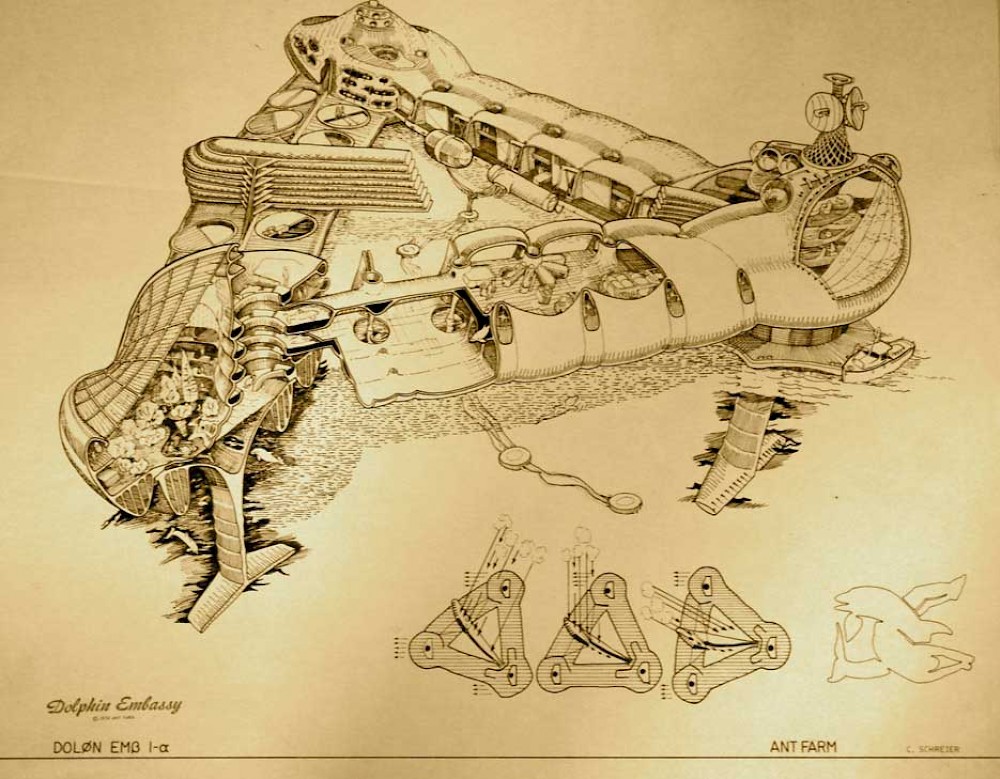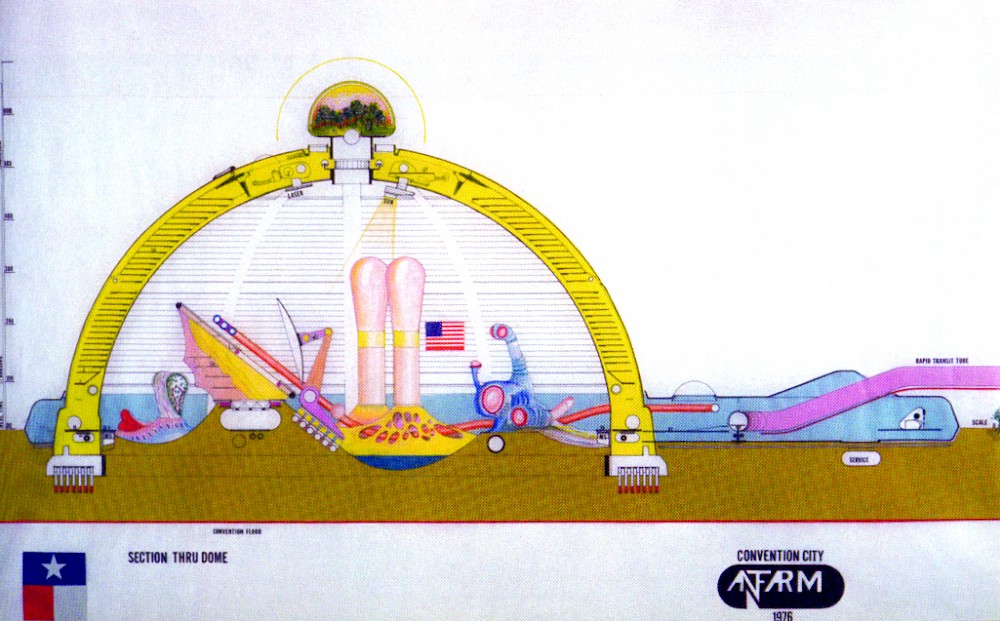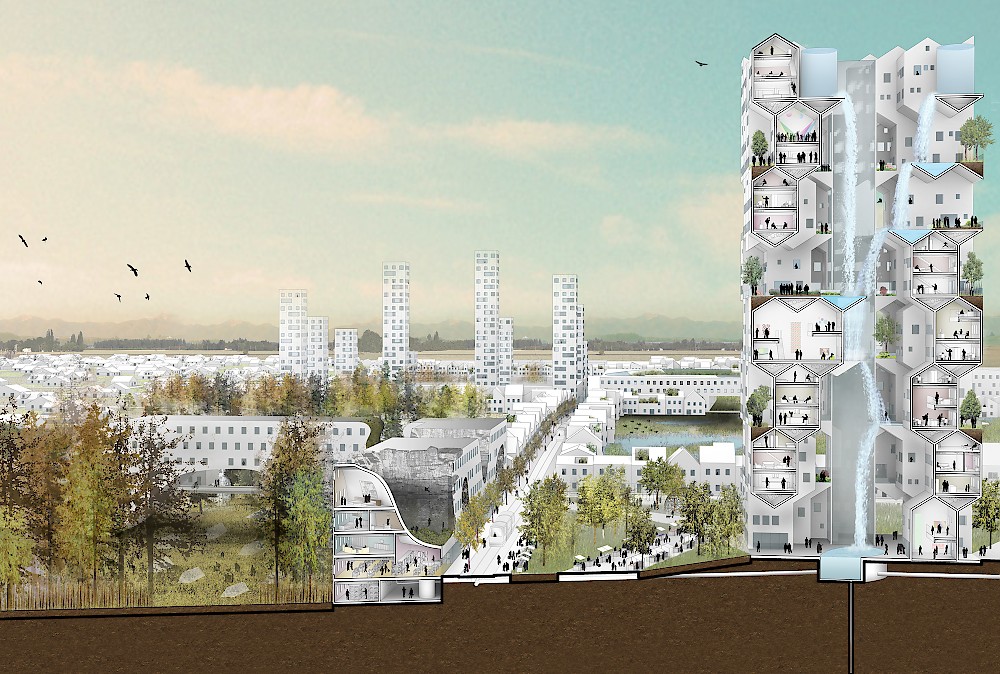WORKac creates architecture at the intersection of the urban, the rural, and the natural.They embrace reinvention and collaborate with other fields to rethink architecture “in theworld.” In the face of overwhelming challenges and increasingly normative scenarios, WORKac remains stubborn in their commitment to imagine alternate scenarios for the future of cities. They bring the more productive aspects of the urban discourse—from density and compression to appropriateness of scale, the expression of intelligent and shared infrastructures, and a more careful integration between architecture, landscape, and ecological systems—to bear upon architecture as they find shared concerns across their global practice. WORKac holds unshakable lightness and polemicaloptimism as a means to move beyond the projected and toward the possible, an ambition with which they approach every project.
Ant Farm was an avant-garde architecture, graphic arts, and environmental designpractice, founded in San Francisco in 1968 by Chip Lord and Doug Michels, later joinedby Curtis Schreier. Ant Farm declared itself an “art agency that promotes ideas that haveno commercial potential, but which we think are important vehicles of culturalintrospection.” Their architectural work includes several seminal inflatable projects(1970–1971), the House of the Century (1972), and many unbuilt projects. In addition, the collective was well known for their countercultural performances and media events, such as Media Burn. Their installation Cadillac Ranch remains an icon of American popular culture. While Ant Farm officially disbanded in 1978 when a fire destroyed their San Francisco studio, Lord and Schreier have continued to collaborate on projects and installations



